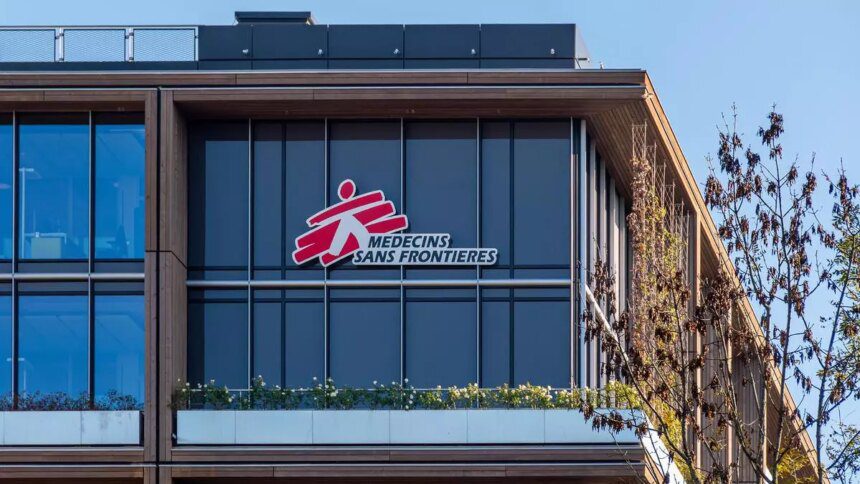The recent suspension of medical activities by Médecins Sans Frontières/Doctors Without Borders (MSF) at Bashair Teaching Hospital due to ongoing violent attacks is a concerning issue that highlights the challenges faced by humanitarian organizations operating in conflict zones. The attacks on patients and staff at the hospital, located in a Rapid Support Forces-controlled area of Khartoum, have forced MSF to make the difficult decision to halt its operations.
Despite efforts to engage with all stakeholders and address the security concerns, the attacks have persisted, leading to the suspension of medical services at the hospital. This decision has significant implications for the local population, who rely on these services for lifesaving care. The situation underscores the urgent need for a safe and secure environment for healthcare workers to carry out their duties without fear of violence or intimidation.
The escalating violence and insecurity in Khartoum not only impact the delivery of healthcare but also exacerbate the already dire humanitarian situation in the region. The scarcity of essential supplies, food, and humanitarian aid further compounds the challenges faced by vulnerable populations, leaving them struggling to survive amid ongoing conflict and instability.
MSF’s decision to suspend operations at Bashair Teaching Hospital is a stark reminder of the harsh realities faced by aid workers in conflict-affected areas. The organization’s commitment to providing medical care in some of the world’s most challenging environments is commendable, but the safety and security of its staff and patients must always be a top priority.
As the situation in Khartoum continues to deteriorate, it is crucial for all parties involved to prioritize the protection of healthcare facilities and personnel. Sustainable peace and stability are essential for the provision of essential services to those in need, and concerted efforts must be made to ensure the safety and well-being of both healthcare workers and patients in conflict zones.
In conclusion, the suspension of medical activities at Bashair Teaching Hospital underscores the urgent need for a comprehensive and coordinated response to address the security challenges facing healthcare providers in conflict-affected areas. It also serves as a reminder of the essential role played by humanitarian organizations like MSF in delivering vital healthcare services to vulnerable populations, even in the most challenging circumstances.









